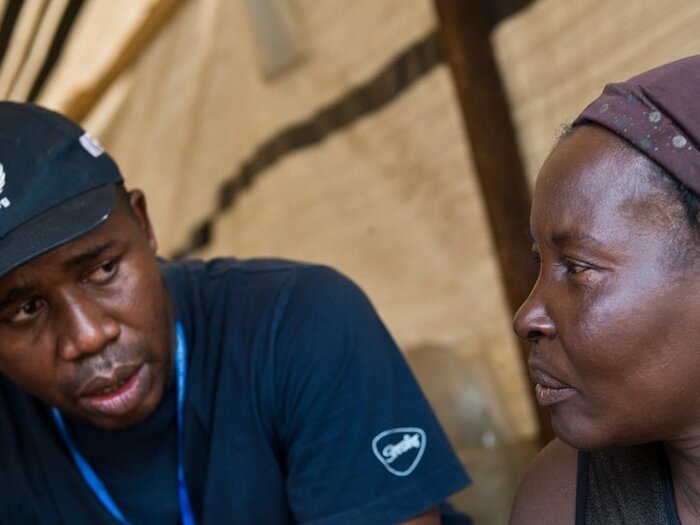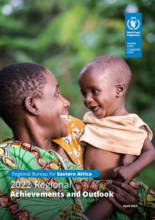Day in, day out, World Food Programme (WFP) staff work to deliver life-saving assistance in physically and emotionally stressful conditions.
A healthy workforce enables WFP to reach the world’s most food insecure people. Ensuring staff wellness is therefore a responsibility the Organization has not only towards its employees, but also towards the donors who entrust it with their money and the beneficiaries who rely on its capacity to deliver.
A trailblazer among humanitarian agencies, WFP adopted a comprehensive wellness strategy in 2015. Wellness is a holistic, multidimensional concept, which encompasses body and mind, and involves all aspects that can have an impact on staff’s ability to deliver on WFP’s pledge to combat hunger. These include health, living and working conditions and physical safety. This approach requires the whole Organization – from governing bodies to management and staff themselves – to work together to create conducive conditions for employees to function at their optimum levels.


